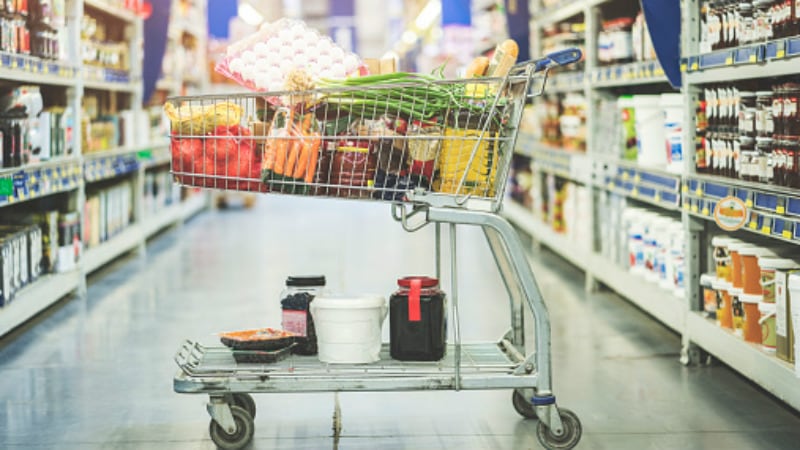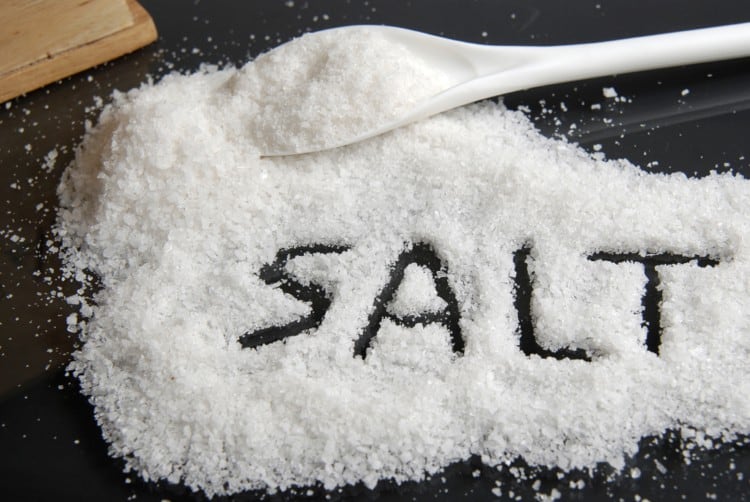The Taiwan Food and Drug Administration (FDA) has published new regulatory updates stating that violators of advertisement rules, particularly those aimed at misleading consumers with false health claims, will be subjected to harsher penalties.
In effect, it means mainstream food firms will be subject to same penalties and functional and health food products.
This will be part of its weighted penalty system, under which violators are subject to increasingly harsher fines and punishments based on the number of recurring offenses and the relevant severity of these.
“Under the local Food Safety and Hygiene Management Law, these penalties will apply to any parties dealing with not only functional and special nutrition foods, but also those dealing in general food products, food additives, food utensils, food containers, food packaging and so on,” Taiwan FDA said via a formal statement.
“Any advertisements by any of these parties that are found by the local authorities to be untrue, exaggerated or misleading to consumers [will be] subject to monetary fines of not less than NT$40,000 (US$1268.85) but not more than NT$4mn (US$126,885).
“The basic fine will be gradually increased based on the number of violations – the first violation will be NT$40,000, the second NT$80,000 (US$2,538), the third NT$200,000 (US$6,433), the fourth NT$400,000 (US$12,689), and the fifth and beyond NT$1mn (US$31,721).
“This is however only the basic fine (Factor A), and will also be multiplied by other weighted factors (B, C and D) to determine the final penalty amount. It should also be noted that this will be calculated according to each individual violation.”
According to the FDA documentation, Factor B is based on intention – where violators which ‘accidentally’ committed the offence will have a B=1 multiplier, whereas those which ‘purposefully’ did this will have a B=2 multiplier, meaning the penalty would be doubled in value.
This would be followed by Factor C which is based on the degree of harm resulting from the unauthorised advertisements.
If the advertisement in question was broadcast on national TV channels or shopping channels for 60 seconds or more, this would be considered a C1 factor and an added multiplier point.
If the ad utilised professionals, public figures, or influencers as endorsers; published before and after comparison pictures; used schematic diagrams of human organs and tissues; or exaggerated scientific data, this this would be considered a C2 factor and another added multiplier point.
“All together, the weighted multiple of C is 1+ C1 + C2, meaning a maximum multiplier of three such that violators have the potential of possibly tripling the penalty they have to pay if they commit these offences,” the agency added.
“D is based on potential extenuating circumstances and will never be less than the value of one – so based on the total multiplier formula which will be NT$(AxBxCxD), food companies that opt to utilise misleading advertisements to market their products could potentially face up to six times the of the basic fine amount.”
Severe violations
The Taiwan FDA also highlighted that repeated violations would likely result in a business being suspended and then closed down.
“If we find the same product has violated the regulations again after having been sent a letter of disciplinary action, particularly with illegal advertisements leading to misunderstandings in the public and causing real risk to human health, the business will be suspended for a certain period of time,” it said.
“If these illegal advertisements not only cause consumers to have the wrong perceptions regarding the efficacy of the product and its effects but also lead to death, the company, business or factory may be ordered to be closed down or completely abolished.”





